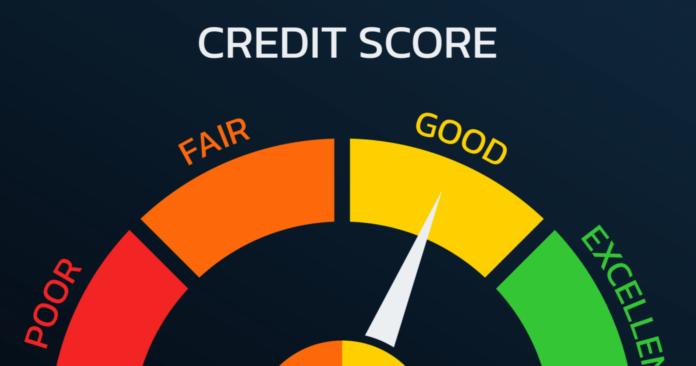Your credit score is a three-digit number that is crucial to your financial life. It can determine your eligibility for loans, credit cards, and even impact your ability to rent an apartment or get a job. So, it can be quite concerning when you notice a sudden drop in your credit score. In this article, we will explore the factors that can cause why did my credit score drop and provide insights on addressing this issue.
Factors That Impact Your Credit Score
Your credit score is influenced by several key factors, which include:
- Payment history: This is the most significant factor, accounting for about 35% of your credit score. Late or missed payments can significantly impact your credit score.
- Credit utilization: The amount of credit you’re using compared to your total credit limit affects about 30% of your score. High credit card balances can lead to a drop in your credit score.
- Length of credit history: The longer your credit history, the better it is for your score. This factor accounts for about 15% of your credit score.
- Types of credit used: Lenders like to see a mix of different types of credit, such as credit cards, installment loans, and mortgages. This accounts for about 10% of your credit score.
- Recent credit inquiries: Each hard inquiry from a lender can slightly lower your credit score, but only temporarily.
Reasons for a Credit Score Drop
Now, let’s delve into the specific reasons your credit score may drop:
- Late or missed payments: As mentioned earlier, your payment history is crucial. Even a single late payment can cause a significant drop in your credit score.
- High credit card balances: Maxing out your credit cards or carrying high balances relative to your credit limits can negatively impact your score.
- Closing old accounts: Closing old credit accounts can shorten your credit history and lead to a drop in your credit score.
- Opening new accounts: Each new credit account you open results in a hard inquiry, which can temporarily lower your score.
- Negative information on your credit report: This includes things like bankruptcies, collections, and foreclosures, which can have a severe and lasting impact on your credit score.
- Identity theft: If someone steals your identity and racks up debt in your name, it can lead to a sudden drop in your credit score. Monitoring your credit regularly can help you catch and address this issue.
How to Address a Score Drop
If you’ve experienced a score drop, here are steps to help you address the issue:
- Check your credit report: Get a copy from all three major credit bureaus (Equifax, Experian, and TransUnion) and review them for errors or inaccuracies.
- Dispute inaccuracies: If you find errors on your credit report, dispute them with the credit bureaus to correct them.
- Pay down debt: Focus on paying down high credit card balances to lower your credit utilization.
- Avoid opening new accounts: Be cautious about opening new credit accounts, especially if your credit score has dropped recently.
- Make payments on time: Consistently making on-time payments will help rebuild your credit score over time.
- Seek professional advice: If your credit score drop is due to more complex issues, such as identity theft or overwhelming debt, consider seeking help from a credit counseling agency or a financial advisor. Read more…
Conclusion
Maintaining a healthy why did my credit score drop is essential for your financial well-being. A sudden drop in your credit score can be alarming, but by understanding the factors that influence your score and taking appropriate steps to address any issues, you can gradually rebuild your credit and secure a more stable financial future.
FAQs
- Can my credit drop for no apparent reason?
- Your credit score can drop for various reasons, including late payments, high balances, and errors on your credit report.
- How long does it take to recover a score after a drop?
- It can take several months to a few years to recover your credit score, depending on the cause and the steps you take to improve it.
- Does checking my own credit score affect it negatively?
- No, checking your own credit score is considered a soft inquiry and does not impact your credit score.
- What is a good credit score, and when should I be concerned about a drop in it?
- A good credit score typically falls in the range of 670 to 850. You should be concerned about a drop if it falls significantly below your previous score or if it hinders your financial goals.
- How often should I check my credit score?
- It’s advisable to check your credit score at least once a year, or more frequently if you’re actively working on improving your credit.

